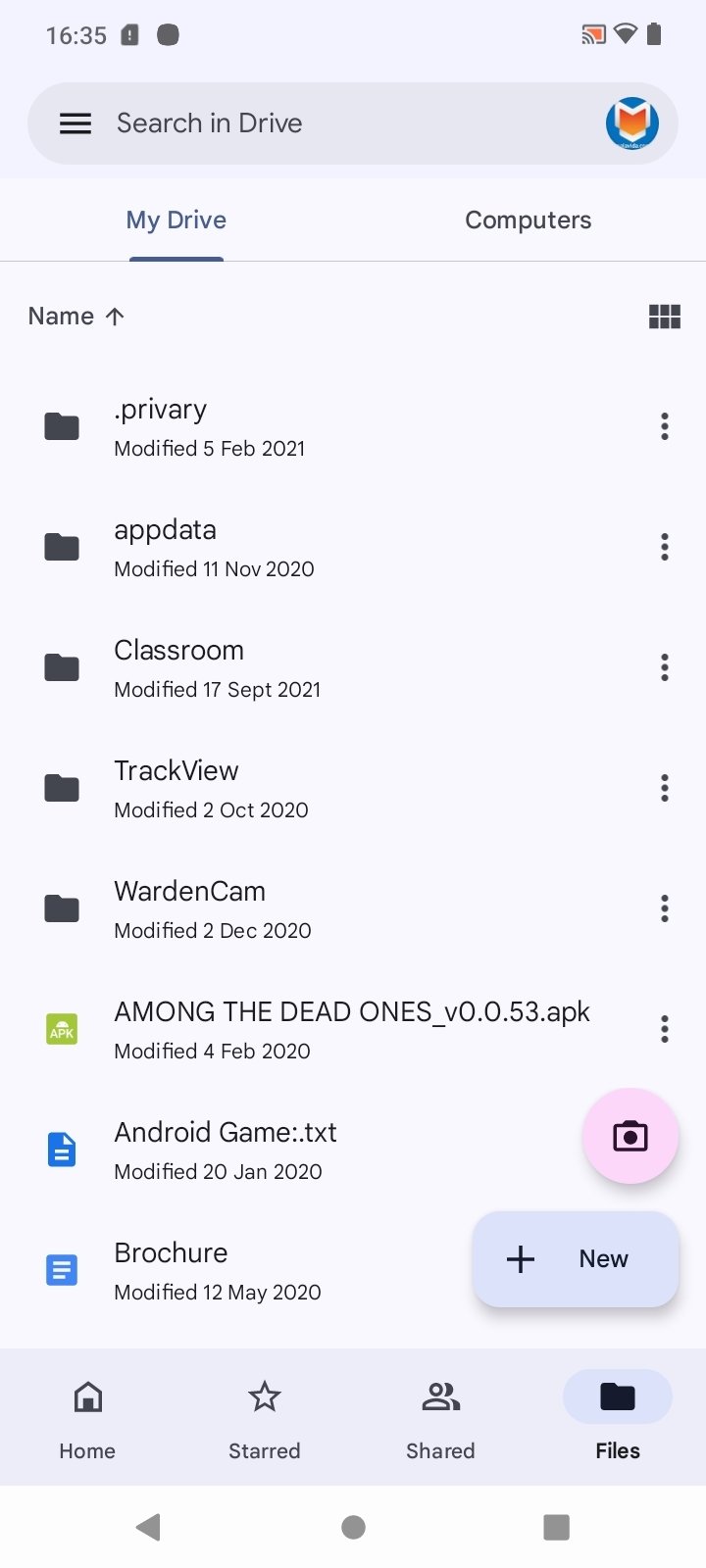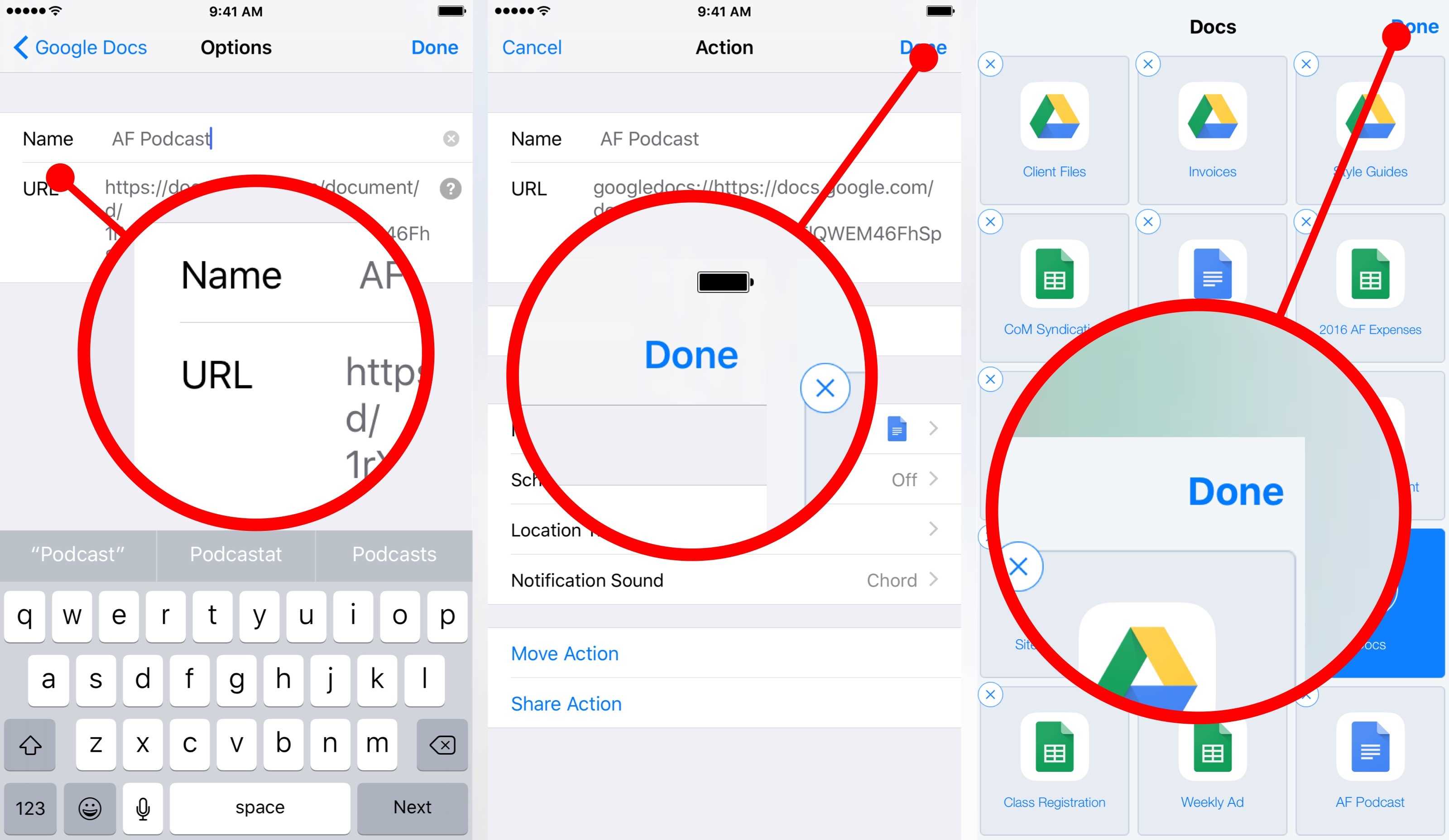

On average, though, the Samsung phone performed slightly better than the iPhone in a -108 dBm (weak) signal environment. Both devices are equipped with Qualcomm’s Snapdragon X65 modem. We compared the iPhone 14 Pro Max and Samsung S22+ using Speed Test by Ookla. However, while we don't have the resources to conduct a thorough analysis, we performed a basic cellular reception test. Unfortunately, there hasn’t been a similar study since to test the cellular reception of new flagship devices. While the difference is not significant, it can make a difference when trying to stay connected in rural areas. Due to Qualcomm’s LTE-Advanced technology, and Apple’s hesitancy to roll out new technology the second it becomes available, Android phones pulled ahead in the reception race.ĭoes this mean Android phones get better reception than iPhones? According to the 2018 study, depending on the device used and signal strength, yes, Android phones have faster cell speeds than iPhones.

In general, Qualcomm phones maintained faster speeds longer and managed to work faster than Intel-powered iPhones in very low-signal conditions. However, the overall best performer was the LG V40.Īll tested Apple phones used Intel modems, while all Androids used Qualcomm modems. They found that the Samsung Galaxy offered better reception than iPhones. PCMag tested the iPhone XS, iPhone XS Max, iPhone XR, Samsung Galaxy Note 9, Google Pixel 3, LG V40, and OnePlus 6T in 2018.



 0 kommentar(er)
0 kommentar(er)
